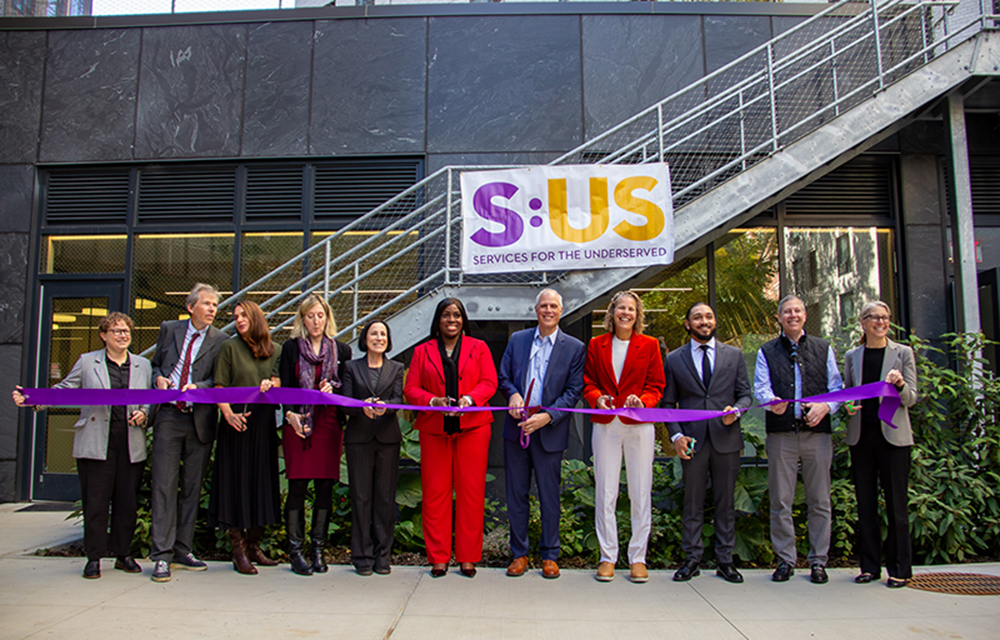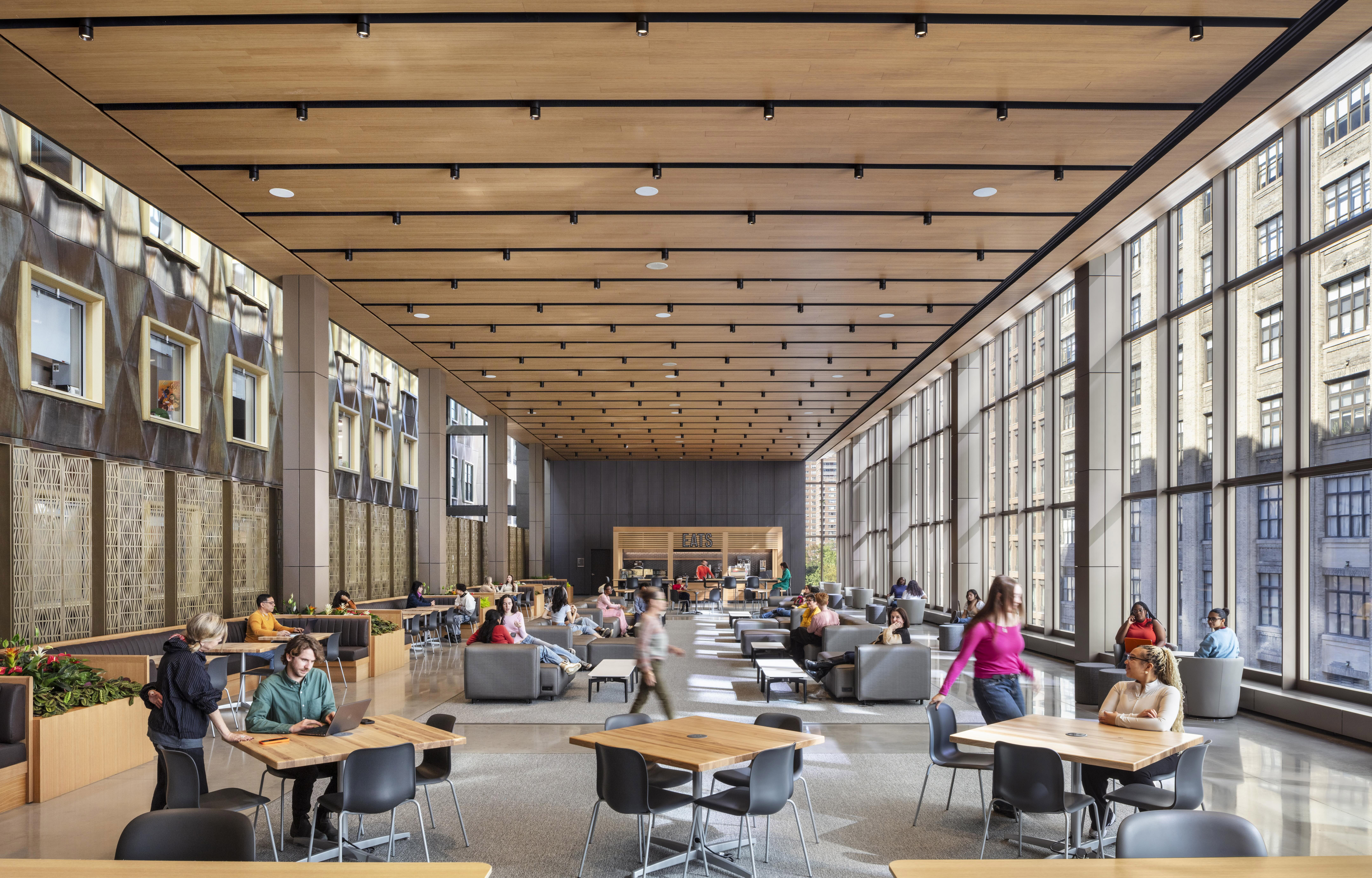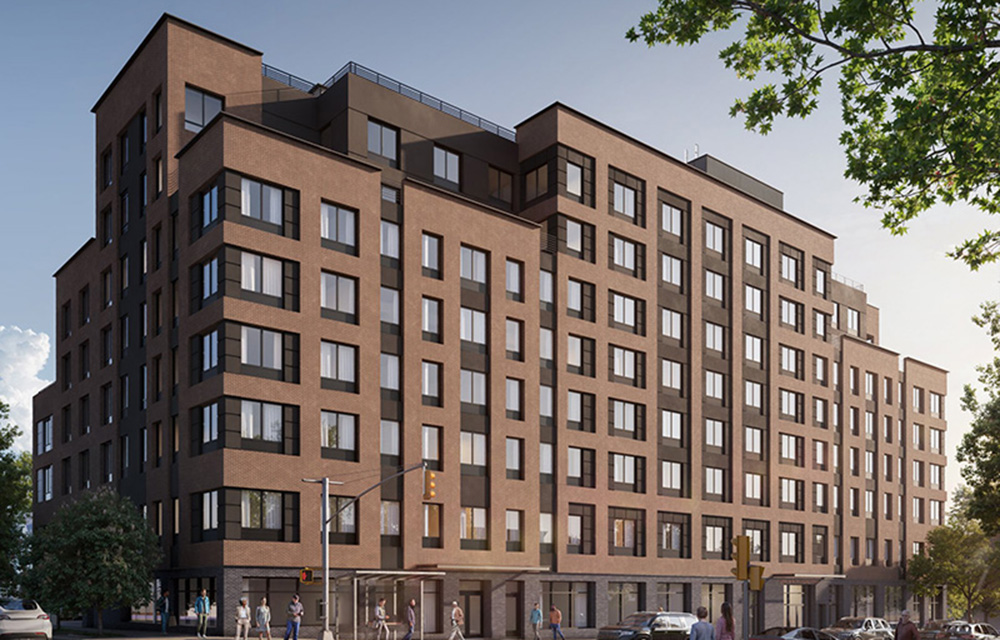News:
Construction Design & Engineering
Posted: August 11, 2014
09-24-2014 - Response & Recovery: It's all about the Money - Sept. 24 seminar
Why, when building EAPs and Business Continuity Plans now meet the highest levels of readiness ever recorded, did New York City building owners lose billions of dollars after Superstorm Sandy due to rejected insurance claims and lawsuits?
BOMA/NY's Sept. 24 seminar Response & Recovery: It's All About the Money, will answer that question and more in a town hall setting designed to give you practical, hands-on information to bring back to your company and implement before the next event strikes - and badly impacts your bottom line.
"This seminar is for everyone--whether your building is on Fifth Ave., in the Outer Boroughs or overlooking the downtown harbor--flooding and fires happen frequently without a weather event. Then, when storms like Sandy come along, they remind us that situations like these can occur in a moment's notice and are a liability for all affected," said John Brandstetter of The Brandstetter Group, Inc. and a member of the BOMA/NY Preparedness Committee. "Navigating the waters of disaster is daunting enough, but you don't want to win the battle and lose the war."
And winning that war, he explains, all too often lies in the fine print of contracts, the failure to have the right contracts, the lack of prior relationships with the right recovery teams, and even the disconnect in communications between those signing the contract, and those executing the recovery or managing the emergency,
"The fine print of vendor contracts may not make for interesting reading, working through insurance claims certainly isn't sexy, but handling them improperly has cost New York owners and managers millions of dollars per building, even after the physical recovery is over," Brandstetter said. "And that multimillion-dollar mistake is made months, even years, before the emergency event occurs."
The disaster recovery expert is working with BOMA/NY's Professional Development Committee, chaired by Rosemarie Krol, RPA senior real estate manager at CBRE, and Yvette Wright, as assistant building Manager with Silverstein Properties, in creating the town hall/seminar.
Registration is at 8 a.m., and the business of saving you money kicks off at 8:30 a.m. by tackling these dollar-draining issues:
*The red flags in recovery company contracts, and what you should really be looking for.
* How to save $$$ by pricing a disaster beforehand (yes, really!).
* How to get partial insurance $$$ up front to finance recovery, and when do claims really start?
* How to get more return on your insurance claims dollars?
* Supervising vendors - scheduling, pricing and overtime.
*Avoiding lawsuits, liens and debt to the owner .
* The real members of an Incident Response Team: Who really counts? Who to build relationships with in advance?
* Communicating with Corporate: Making sure contracts work at all levels
*The sea change in insurance compensation over the past decade and how it impacts payment.
* Keeping your building's green status through carbon credits, recycling.
Addressing these points from their professional experience, both in terms of specifics and the big picture, will be a "first-class panel," says Brandstetter, featuring "senior experts who have been through the wars and have the scars to prove it." Now being assembled, panel talent will include a senior asset manager with extensive experience in emergencies, a restoration/ technical project manager, an insurance executive with deep knowledge of terms/fine print/claims and more, an NYC governmental representative and several senior property managers with major emergency experience.
The Audience—Part of the Solution
The town hall will be moderated from the floor and includes a Q&A session to generate as much interaction between the audience and panel as possible. As Brandstetter explains, "this seminar is different--the audience is part of the solution. That's essential to delivering a seminar that meets your needs." Attendees will be encouraged not only to ask questions, but offer new ideas, or share an experience that will assist colleagues.
The seminar, says Krol, takes the lessons learned from last year's Superstorm Sandy debriefing seminar to the next level. Response and recovery situations are complex, but this "town hall/seminar will help make complicated details manageable, and give the best advice available to work these problems through at your own buildings. And above all, save you money in the future."
The town hall/seminar will take place at Club 101, located at 40th St. and Park Ave. in 101 Park Avenue. Breakfast is included in the cost which is $90 for members and $155 for non-members.
What's The Big Idea???
Response & Recovery: It's All About the Money, is the third seminar this year in the series presented by our BOMA/NY Professional Development Committee. Officially, the committee is charged with "developing timely and informative seminars, addressing a variety of topics related to all aspects of industry needs and furthering the continued education of all participating members and guests."
But in practice, it's the committee that has to develop the "big ideas" that will grab the attention of BOMA/NY's members; the committee that creates the seminars members need. As committee chair Rosemarie Krol, RPA, said, "We want to go beyond that charge and develop topics that are engaging while meeting the needs of managers and their staffs. We all need to work better and smarter, so we look for topics they can apply directly to their daily work experience...to share ideas and real-life examples of what has and hasn't worked."
The ideas come from a variety of sources, but your input is always welcome, she states. If you have an idea for a seminar, please contact her at [email protected]. All ideas are welcome!
MORE FROM Construction Design & Engineering
Troutbrook expands with boutique condo project and Marriott Fairfield Inn & Suites renovation
Brooklyn, NY For more than 25 years, Troutbrook/Freud Development has remained focused on executing design-driven projects across the city. Its latest ventures reflect both a continued push into boutique residential development and an expansion

Quick Hits







.gif)
.jpg)
.gif)
.gif)